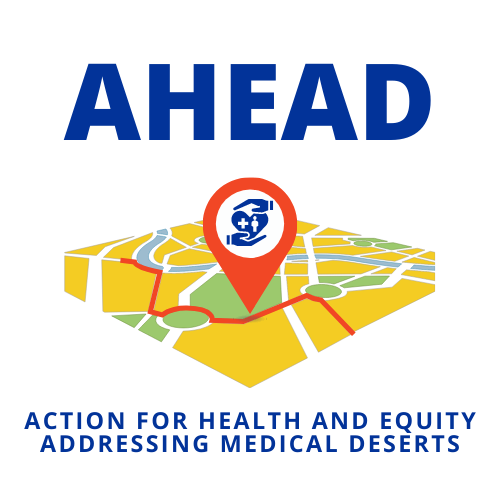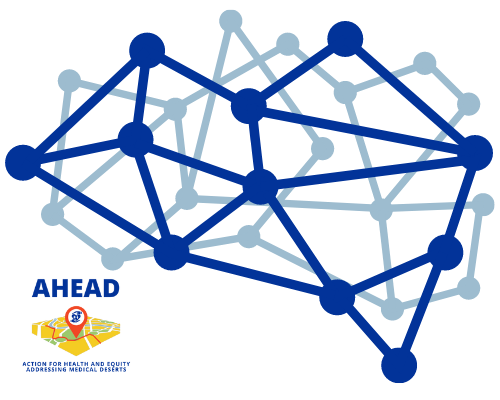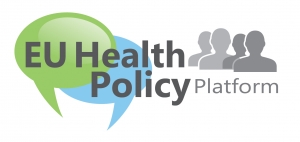Maria is one of the many elderlies who has lived her whole life in the rural commune P, situated in the mountainous area of Vrancea county. While P does not benefit from a general practitioner (GP), Maria has registered with one of the two GPs who take care of several localities in the area. Maria admits that the communication with her GP is very good, but she fears that the 2 days her GP is in present in the commune each week are not merely enough. A lot of people require medical attention in her locality, especially those like her with increased needs, given the age. There were times when Maria had to travel to another locality to see her GP. So, she is not so unhappy today.
Access to specialised medical care is even more difficult for Maria. To get to a specialised doctor, she has to ask family members or neighbours who have a car to drive her. If nobody is available, she takes a minibus at 7:30 in the morning, that only returns late in the afternoon, which is tiring for her.
Maria has diabetes and requires regular injectable treatment, but in the area, there is no medical facility where such routine procedures can be done. She found out that her neighbour, Ana, has performed such injectable treatment before for other neighbours and they did not had complications, so now she relies on Ana to do this procedure.
Given her medical condition, it is crucial for Maria to perform medical tests periodically. While a private mobile laboratory comes at the end of each month to run medical tests for the locals, it is difficult for her to set aside money to pay for them and so she cannot always afford them, putting her wellness at risk.
Maria feels very lucky to have a pharmacy in her commune, despite it being open only a few hours a day. She says that her friends in the nearby village are much worse off, as they do not even have access to a pharmacy, and their children who work in P leave with “bags of medicine” for them and other neighbours.
However, Maria feels she lacks dental services in the village, for which she has to travel to another commune to access. And even so, the dental office is very busy and waiting times for making an appointment could reach months, which is why she has neglected her dental care and now faces serious problems. She only hopes her grandson, who goes to school and already has problems with cavities, would be lucky enough to see a dentist more often, yet the chances are slim.
Maria realises that her access to medical services is limited, but she has adapted to the situation and has accepted the current state as it is. She is thankful for the little access that she enjoys and sympathizes with the ones that do not have these services.






